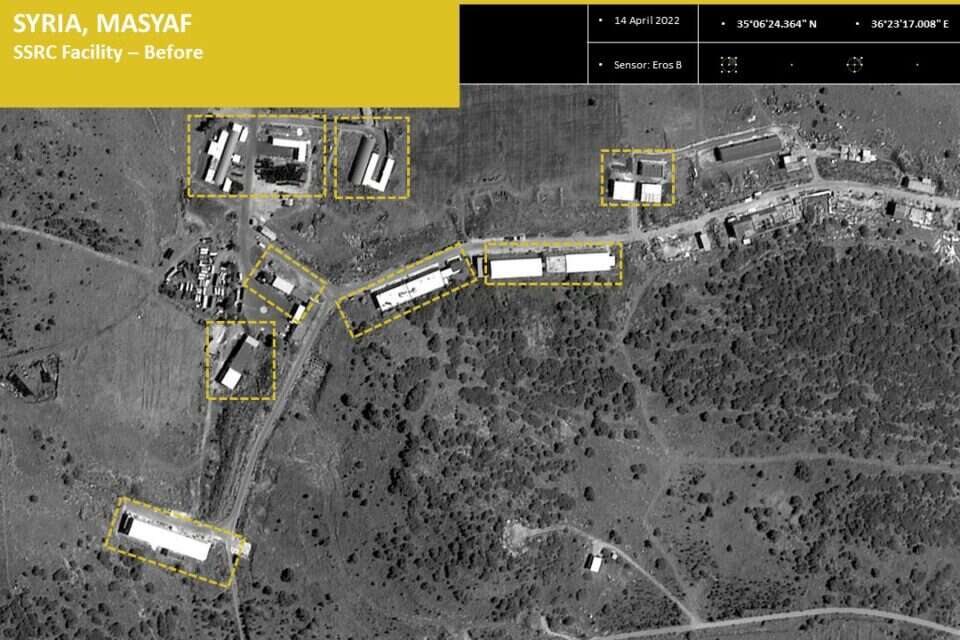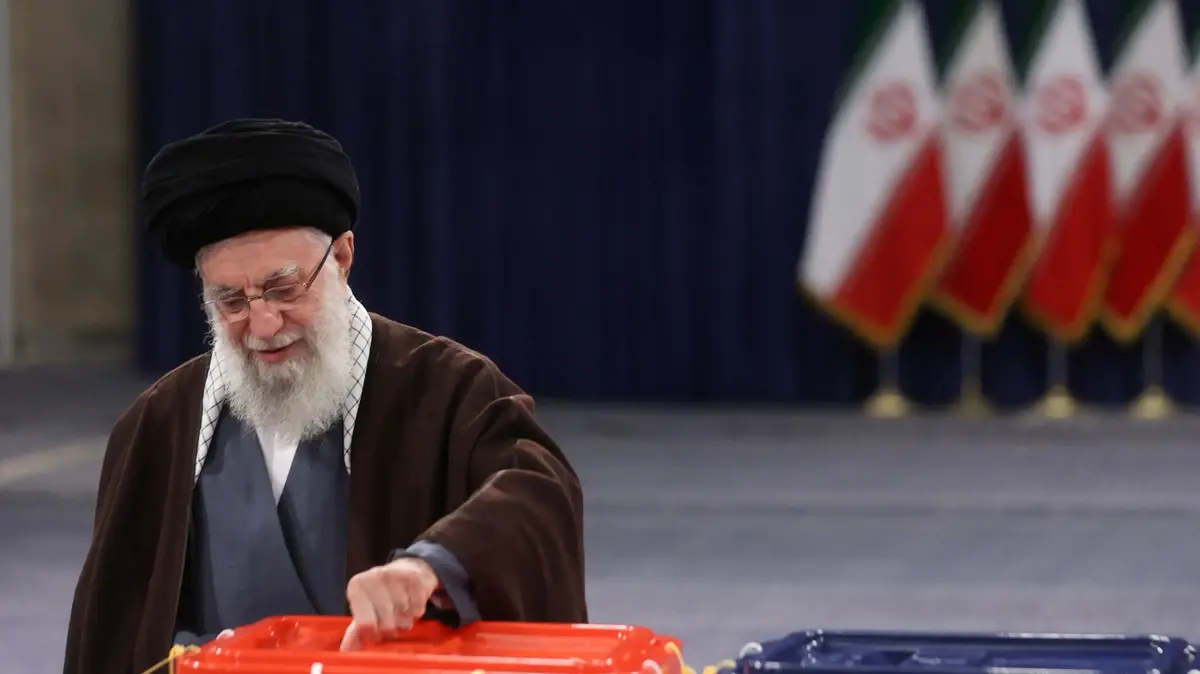Iran uses the facilities of the Syrian arms industry Sares in order to produce missiles for it.
This activity is carried out secretly with senior Seres officials, and without coordination and approval with the Syrian authorities in Damascus.
Sers is the national military industry of Syria, which is responsible for the production of all means of warfare - missiles and rockets of various types, through ammunition for the army and the air force (as well as low-tech products such as vests and helmets), to chemical weapons. Its facilities are scattered all over Syria, and the central Among them is Sector 4, which is responsible for the production of the missiles and rockets that is carried out at Institute 4000.
Sector 4 is headed by Asaf Diab, and his chief security officer is Haider Hamdan.
The two are in close contact with senior Quds Force officials of the Revolutionary Guards, and even receive payment from them for the production of dozens of missiles a year especially for the Iranians.
These are missiles of the M600 model, which Iran transfers to Hezbollah, and installs on them kits that are manufactured in Iran in order to make them accurate, so that they can hit the next campaign with quality targets in Israel.
under the nose
Syrian President Assad, photo: AFP
Underground production
In the past, Iran also produced the missiles itself, but the series of attacks by the air force caused it to change its policy and switch to manufacturing in Syria.
Production is mainly carried out at the facility in Masyaf in the north of Syria, which has become the main target of Air Force strikes in the past year.
As a result, the Iranians began an ambitious project of moving production to underground facilities in Masiaf, in an attempt to protect them.
Israel has already made it clear that it will continue its attacks, even at the cost of casualties and extensive damage.
The person who was previously responsible for this connection from the Iranian side is Aziz Asbar, who was eliminated in 2018.
Today, it is led by, among others, Ali Nowrozi, who is the head of the technology and logistics department of the Revolutionary Guards, and Abu Ali Masoud Nikabhat.
The two are also in direct contact with Bassem Marhaj Hassan, President Assad's close advisor, but conduct the military operation directly with the senior officials of Sector 4 in Sars.
"There is a sizable group of managers and engineers at Seres who work under an Iranian directive," says Captain Nitzan, head of the northern section of the technological intelligence arena in the research division at the AMAN.
Diab gives instructions to his people, and they carry out.
Some know what's going on, and some are fools.
In total, we are talking about several dozen people who work with the Iranians, mainly engineers, mostly military veterans, who are looking for additional income."
"Games for time"
In Israel they are aware that these attacks do not curb Iranian motivation.
"We are playing for time. We won't be able to postpone everything forever, but for now we have the upper hand. Our job is to make sure it stays that way in the future as well," says a senior security official.
"Fortunately, they are having trouble raising their heads and their industry is faltering, but the threat exists," says Nitzan.
Lieutenant May, head of the surface-to-surface missile target squad in Syria at the ZIM, says that "projects are interrupted in the middle, work stops because of machines or people who have been injured.
They are forced to work there under conditions of uncertainty.
People arrive in the morning, and the office or lab where they worked no longer exists.
Even in cases where they do manage to work and produce, the quality is compromised, and they often have to cut corners in order to meet the contracts with the Iranians and deliver the missile on time, and they deliver a less successful missile."
were we wrong
We will fix it!
If you found an error in the article, we would appreciate it if you shared it with us




